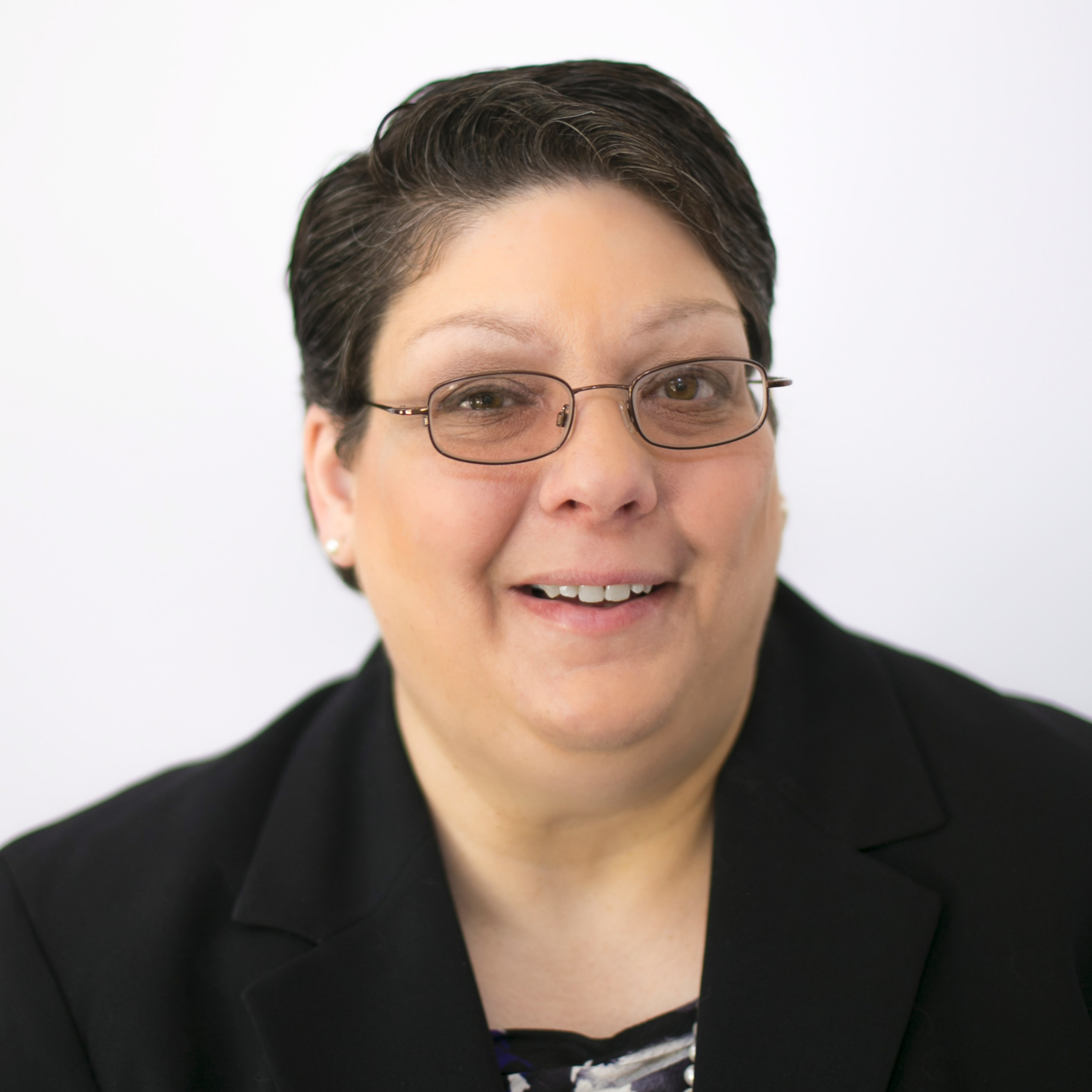Too Cold to Go Outside? Use the Cold to Your Advantage!January 25, 2019
 During the dreary winter months when you are not interested in going outside because it is freezing cold, sleeting and snowing, make use of the time to review your personal financial matters.
During the dreary winter months when you are not interested in going outside because it is freezing cold, sleeting and snowing, make use of the time to review your personal financial matters.
Every winter is a great time to review the prior year’s investment results. Should you be tweaking the asset allocations in your IRA, 401K, and investment accounts? Do the allocations reflect your age and need for current income versus future retirement income?
As you receive the various 1099s, review them to determine if you are having the correct amount withheld on income sources. You can do a preliminary income tax return to determine if you are getting a large refund or owing tax. Too large of a refund – consider reducing the withholding. Remember your refund represents a 0% interest loan you made to the government. If you owe, consider increasing the withholding so that you do not have to make estimated tax payments or end up paying penalty and interest because you did not make the required estimated payments.
Go through your old financial records and clean out things you no longer need to keep on hand. The general rule is 5-7 years of income tax returns. Older investment records need to be kept because you need to be able to calculate your basis when something is sold. For newer ones, if your statement properly reflects tracking your basis, use the 3-5 year rule.
If you are eliminating financial records, remember that you MUST shred everything that leaves your home. Some of us use to have “burn” barrels to get rid of paper but most municipalities ban burning. Get yourself a moderately priced cross-cut shredder and use it! You can get one for less than $50 at most stores which sell office supplies.
Another item to review this time of year are all of the beneficiary designations on things like investment accounts, pensions and retirement accounts, annuities, life insurance, and other similar items. If no changes are necessary, make sure you have a copy of the most recent beneficiary designation forms in your files. If changes are necessary you should be able to download the required forms from their website.
Lastly take the advice to always maintain an emergency fund equal to 3 months of ordinary expenses to heart. Evaluate where you are and setup a plan to start the savings process. It can be as simple as opening up an extra savings account and having an automatic transfer done each time you get paid. Start small. Even $25 saved each pay ends up with $650 at the end of the year if you get paid 26 times (bi-weekly). Consider increasing the amount each time you get a pay raise by splitting the raise: put ½ into your savings or 401K. If you can afford to be more aggressive, do it. No one can predict the future and being in a situation where you are not getting paid such as illness, loss of job or even a governmental shut down!
Just as we are supposed to change the batteries in our smoke detectors every year when we reset the clocks, get in the habit of “resetting” your financial situation each January.

Vicky decided on her career path very early in life, announcing her decision to become a lawyer to her family when she was only in 4th grade. Ultimately Vicky went into law in order to help people. She witnessed the frustration of family members over legal issues and always thought that someone should be able to explain these issues more fully. She decided that she wanted to be one of those people – Read Full Bio








